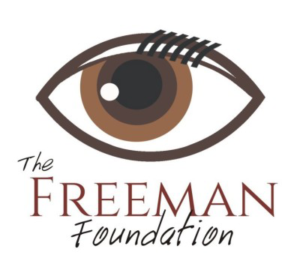Earlier this week Charles Colson passed away at the age of 80. Many people will remember Colson for his involvement in the Water Gate scandal and subsequent imprisonment. Others might remember him for his Prison Fellowship ministry. I, however, will remember him for his book How Now Shall We Live. In this book he explains how Christians can begin to engage the worldview of secular, post-Chrstian culture. Two things stood out to me, his discussion on how naturalism functions as a holistic worldview, and his understanding of what he calls pre evangelism. Colson summarizes naturalism by providing five ideas those who hold to it must be committed to: (1) moral relativism, (2) multiculturalism, (3) pragmatism, (4) Utopianism, and (5) a this world perspective. He shows how these five commitments are interdependent and how they strive to provide answers to all the major worldview questions. The implications of this reality are massive. If naturalism functions as a holistic worldview, then it must be treated as a religion. If it is treated as a religion, then those who hold to it cannot marginalize Christianity because of its status as a religion. Therefore, the two systems of thought must be held up next to each other and judged on their own merits. In a situation like that Christianity wins every time.
Second, Colson coined the term preevangelism. Colson asserts that in the present day, Western culture people do not have the proper framework within which they can understand the terms needed to hear and believe the gospel. For this reason a person wishing to present the gospel to a nonbeliever must first engage in preevangelism. In preevangelism an apologist constructs the biblical framework in which the nonbeliever can understand the terms of the gospel: such as, God, sin, redemption, Christ, and consummation. Only when the nonbeliever properly understands the terms of the gospel can he or she truly believe the gospel. Colson’s book is one that I would recommend to any Christian wanting to engage his surrounding culture.
